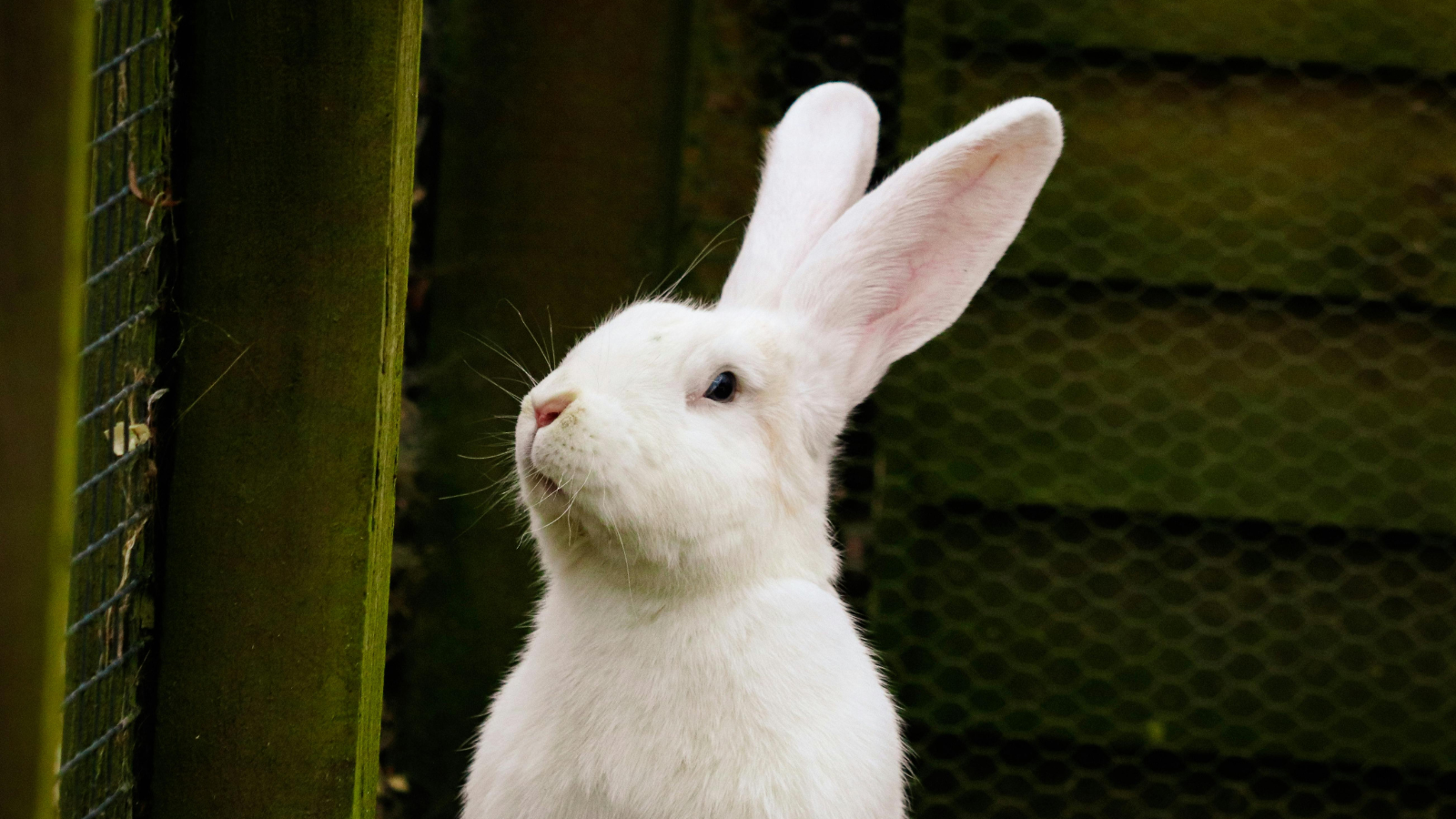Rabbits, guinea pigs, hamsters, and other pocket pets are often quiet companions, but when something’s wrong, silence can be misleading. These small animals are experts at hiding illness, making it easy to miss the early signs. Northern Pike Veterinary Hospital has seen how fast a “minor” issue in a small pet can become a major concern. Recognizing the subtle signs of sickness in your small mammal pet could save their life.
Early Signs of Sick Small Mammal Pets
So what should owners of small mammal pets watch for? Keep an eye out for these subtle but serious warning signs that your pocket pet or rabbit could be sick. Even one or two of these signs should prompt a call to your small mammal veterinarian.
- Refusal to eat
- Less stool or smaller, irregular droppings
- Unexplained weight loss
- Sitting hunched, not moving much
- Discharge from the eyes, ears, or nose
- Wheezing, sneezing, or noisy breathing
- Head tilt or balance issues
- Overgrown teeth or drooling
- Excessive scratching or bald patches
- Avoiding interaction or hiding more than usual
Health Conditions in Pocket Pets and Rabbits
As with any other pet, there are too many health conditions to list here. We have gathered a few here that can affect small mammal pets.
Dental Problems
Species like rabbits and guinea pigs have teeth that never stop growing. Without proper wear from high-fiber diets, these teeth can overgrow and cause abscesses, facial swelling, or difficulty eating.
Respiratory Infections
Cold-like symptoms in small pets can indicate serious respiratory infections in pocket pets, and rabbits may have “snuffles.” These conditions can become chronic or fatal if untreated, so contact a small mammal veterinarian for sneezing, labored breathing, or nasal discharge.
GI Stasis
Gastrointestinal stasis (GI stasis), where the digestive system slows or stops, is an emergency. It can result from stress, diet, or underlying illness, and requires immediate care.
Skin Parasites and Infections
Mites, lice, and fungal infections can cause severe discomfort in small pets. Watch for signs like constant itching, patchy fur, or dry, scaly skin.
Ear Infections
If your rabbit or rodent has a head tilt, poor coordination, or ear scratching, they may have an inner ear infection, painful and potentially dangerous if untreated.
Urinary Issues
Blood in the urine, straining to urinate, or unusual odors may indicate stones or infections. These can become life-threatening in small mammals.
Pocket Pet Owner Tips for Preventing Illness
- Weigh your pet weekly to catch signs of unusual weight loss or gain.
- Feed a species-appropriate diet.
- Keep their habitat clean, dry, and well-ventilated.
- Handle your pet gently but often to monitor behavior.
- Schedule yearly checkups with a small mammal veterinarian.
Treatment for Sick Rabbits and Pocket Pets in Monroeville, PA
Your rabbit, guinea pig, or hamster might not be able to tell you when they’re feeling sick, but you can learn to recognize the signs. If you’re worried something’s wrong, trust your instincts and give us a call. Northern Pike Veterinary Hospital treats small mammal pets in Monroeville such as rabbits, hamsters, and chinchillas from McKeesport, Monroeville, Greensburg, and neighboring Pennsylvania areas. Notice anything unusual with your rabbit or pocket pet? Schedule an appointment with our small mammal veterinarian.

